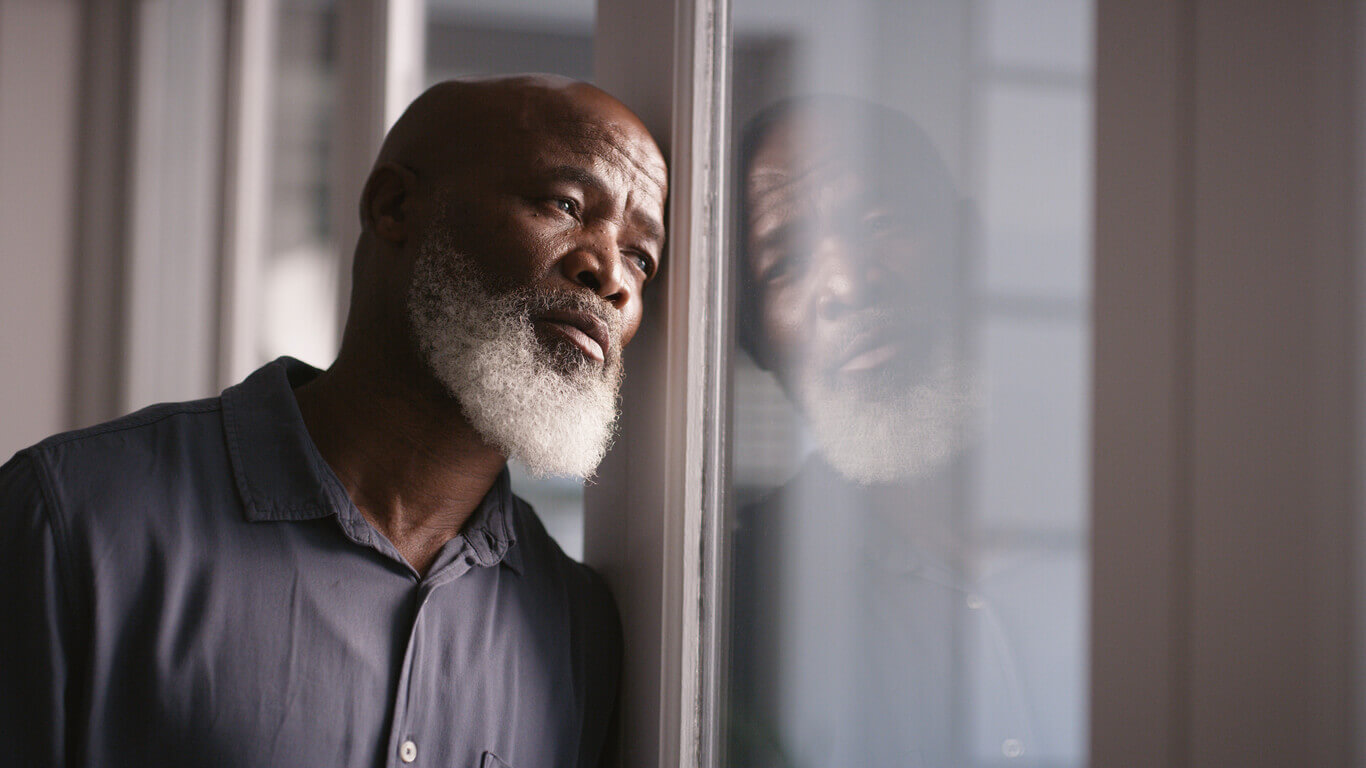Depression
Depression, also known as major depressive disorder and clinical depression, is a prevalent and serious medical condition that profoundly affects how a person feels, thinks, and handles daily activities. Those with this mood disorder often struggle with a persistent feeling of sadness and a loss of interest in previously enjoyed activities. The impact of depression extends beyond mental pain, often manifesting in physical symptoms that exacerbate the struggle for those affected.
Our mental health providers are dedicated to providing comprehensive care for individuals grappling with clinical depression. Our approach is rooted in empathy, professionalism, and a deep commitment to patient well-being. Recognizing the unique journey of each patient, our team strives to create a supportive environment that fosters healing, resilience, and a path toward a more fulfilling life.
Depression Symptoms
Depression is a mental health condition that profoundly impacts an individual's emotions, thoughts, and daily activities. It is more than just feeling sad or going through a temporary phase of low mood; rather, it is a persistent state where one experiences a deep sense of sadness and a marked loss of interest in the activities that they once found enjoyable.
This mood disorder can lead to a variety of emotional and physical problems, making it hard for those affected to function at work, at home, or in social situations. Symptoms can range from feelings of emptiness and hopelessness to physical issues such as fatigue or changes in appetite.
Common signs of depression and depression symptoms include:
- Persistent feelings of sadness and emptiness
- Loss of interest in activities once enjoyed
- Changes in appetite or weight, either increased or decreased
- Difficulty sleeping or oversleeping
- Fatigue or loss of energy nearly every day
- Feelings of worthlessness or excessive guilt
- Difficulty thinking, concentrating, or making decisions
- Recurrent thoughts of death or suicide, or suicide attempt
Causes of Depression
Clinical depression arises from a complex interplay of factors. Understanding the causes of depression in our patients is crucial in providing the personalized, respectful care they both need and deserve.
Common causes of clinical depression include:
A family history of depression can increase the risk, suggesting genes play a significant role in this condition.
Changes in brain chemistry or hormone imbalances, often resulting from medical conditions like thyroid disorders, can contribute to depression.
Stressful life events such as the loss of a loved one, financial problems, or significant life changes can trigger depressive episodes.
Individuals with low self-esteem, those who are overly dependent, self-critical, or pessimistic, and those who experience social isolation are at higher risk.
Conditions like diabetes, heart disease, arthritis, kidney disease, HIV/AIDS, and lupus can lead to depression, underscoring the interconnection between physical and mental health.
Each individual's experience with depression is unique, necessitating a compassionate, professional approach to care that addresses these varied underlying causes.
Diagnosis & Depression Treatment
Diagnosing depression is a careful and considerate process that begins with a conversation. Our providers will listen closely to understand the depth of the symptoms you are experiencing. The diagnostic process may also involve discussing your symptoms, how long you have been feeling this way, and how your daily life is affected. Our ultimate goal is to see the complete picture of your well-being, ensuring that the diagnosis respects your individual experience.
When it comes to treating depression, the approach is just as personalized and compassionate. We recognize that there is no one-size-fits-all solution because everyone's journey with depression is different. Treatment may include medication management, which can help manage the chemical imbalances in the brain associated with depression. Psychotherapy, or talking therapies, are also a cornerstone, offering a safe space to explore thoughts and feelings while developing coping strategies. For some, a combination of both medication and therapy works best.
Therapist for Depression in Virginia and North Carolina
Take charge of your mental health and get comprehensive treatment for your clinical depression today. Please feel free to contact Apex Psychiatry VA at (540) 906-2739 to get started. You may also request an appointment with us online using our convenient online appointment request form. We are proud to offer comprehensive psychiatric services to adult, child, and adolescent patients across the state of Virginia.


